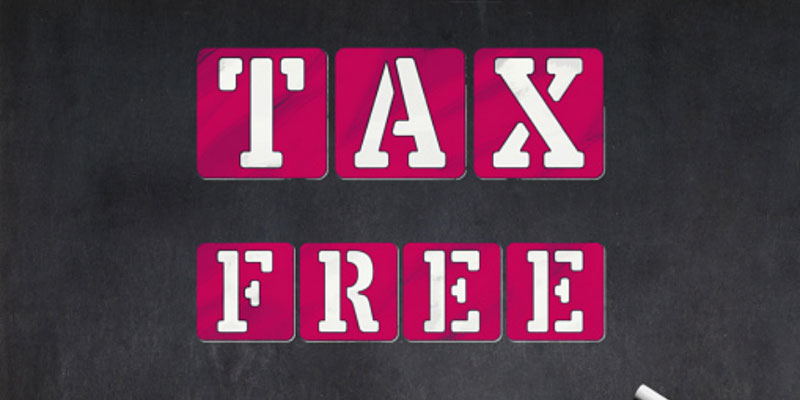A Principal Residence's Definition and Examples
You might have a primary residence in a house, condo, or even a houseboat. A taxpayer may need to know the address of their primary place of residence to assess their resident status for state tax purposes or to claim a homeowner's deduction.
According to the agency making the determination, the definition of the main home might differ. For example, the Internal Revenue Service defines "principal residence" as "your primary abode." “If you have several residences, even if you spend half the year living with your family and the other half renting your apartment, you only have one primary residence.
An Overview of a Primary Residence

There are many scenarios in which a person's primary residence is relevant. Homeownership is one of the most prevalent ways a primary residence may influence your taxes. This includes the sale of your primary house, which may be exempt from federal income taxes if you and your spouse are married and file separately.
An additional benefit of owning a primary house is the potential for a homeowner's tax exemption. For example, homeowners in California are eligible for a $7,000 deduction on the assessed value of their primary houses, provided they meet certain criteria.
What Does a Primary Residence Mean?
It's possible to save money on your taxes by accurately declaring your primary house as your place of residence for tax purposes. You may be eligible for deductions based on your primary residence, so knowing what laws apply to your situation is important.
A filing error, such as failing to declare yourself a resident even though you have a primary address in one state, should be avoided. You may be eligible for cheaper interest rates on a primary house than a second home if you meet the requirements for a primary residence.
The Tax Treatment of a Primary Residence

Capital gains from the sale of any property are typically taxed. However, the Internal Revenue Service (IRS) states that when they sell their main house, they may be eligible for an exclusion of a $250,000 gain ($500,000 if married and filing jointly) provided they fulfill the following requirements:
- At least two of the five years before the property sale were spent in the house as the principal residence of the person selling the property.
- A like-kind exchange wasn't used to buy a house in the last five years.
- When they sold another house two years before this one, they didn't deduct the gain from that sale.
An absence from the primary residence for vacation or long-term medical care does not alter its status, but a prolonged absence for other reasons may.
What Qualifies as a Principal Place of Employment?
A person, couple, or family's primary residence is where they spend most of their time. To qualify as a primary residence in the United States, a person must use, own, or lease a residence for a predetermined period. A major house must fulfill certain requirements before it may be excluded from a $250,000 capital gain or $500,000 gain if filing as a married couple.
It must have been a principal residence for at least two of the past five years, it must not have been obtained through a like-kind exchange in the last five years, and the owner must have sold another property utilizing the tax exemption within two years of the date of sale.
Is There an Exception for a Person's Principal Place of Residence?
A married couple can avoid paying capital gains tax on the first $500,000 of profits they make by selling their house, while an individual can avoid paying capital gains tax on the first $250,000 of gains they make. Capital gains tax is due on profits beyond this threshold.
Do You Know About The 2 Out Of 5 Years Rule?
The two-out-of-five-year rule must be followed for a house to be considered a primary residence for tax purposes in the United States. Two or 730 days out of five years must be spent in the house to meet this requirement. Married couples filing are likewise subject to this requirement.
How Do You Verify Your Primary Address?
Utility bills, driver's licenses, and voter registration cards can all be used to verify a person's primary address. Tax records, car registration, or the location nearest to your place of employment may also determine where you live.



